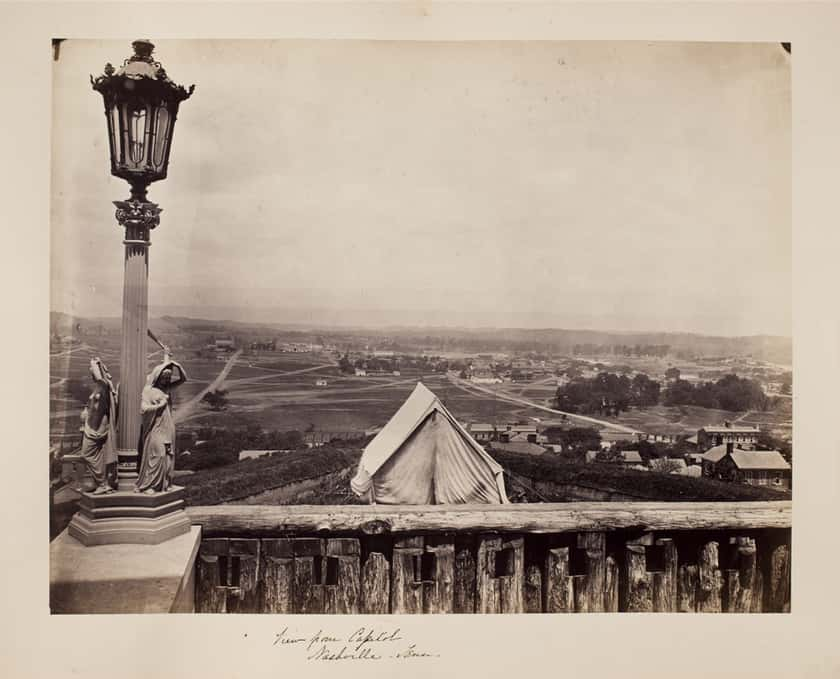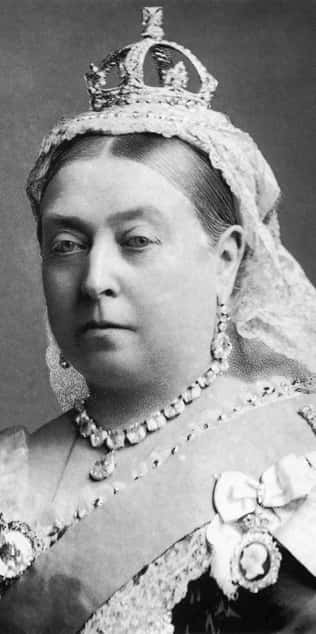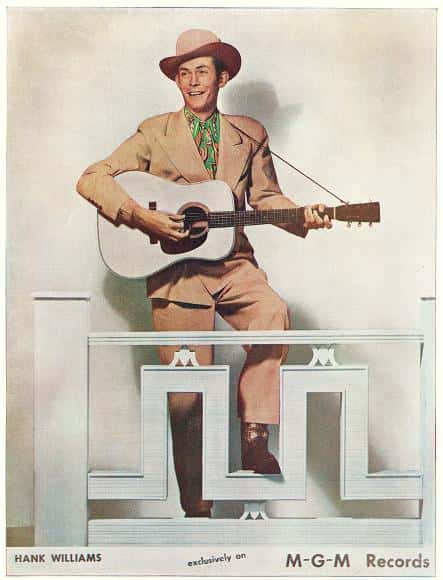When you think of kool-aid, you think sugar. When you think of the beach, you think sun. When you think Jada Pinkett, you think Will Smith. When you think of Will Smith, you think about that time he slapped the shit out of Chris Rock at the Oscars.
But when you think Nashville, you think music. Some things are just meant to be together.
Allow me to take you through a brief history of how Nashville earned its name as Music City and why that is likely never to change.
Back to the Beginning
In 1779 Nashville, then known as Nashborough, was founded by James Robertson and was named in honor of fallen American Revolutionary war Veteran Francis Nash.
The name was changed officially to Nashville in 1784 and became the 16th state in 1796.

Davy Crockett, a beloved Tennesean native, was said to have been one of the pioneers of incorporating fiddle playing with over-the-top storytelling.
Crockett was a Congressman and soldier whose exploits and life made him a larger-than-life figure, coining him Nashville’s first celebrity.
However, music seemed to really get its start in Nashville by way of music publishing in 1824.
A book of hymnals titled Western Harmony
was composed by Allan D. Carden and Samuel J. Rogers and was printed by the Nashville Republican newspaper.
The popularity of the print spread quickly through the city, laying down the rootwork for music to grow strong and deep.
According to Legend
Much local lore revolves around how Nashville got its nickname Music City.
One account attributes it to a certain Queen of England.

Queen Victoria was in the audience while the famous acapella singing group, The Fisk Jubilee Singers, performed their revered hymnals.
The Fisk Jubilee Singers was a singing troupe that was initially created to travel around the world performing concerts in the hopes of raising funds to save their college, Fisk University, from succumbing to financial ruin.
They had a near and dear mission to save the college so that fellow freed African Americans could be educated in a space that welcomed them happily after the end of the Civil War.
After being moved by the Jubilee Singers, Queen Victoria approached the group after the concert and said, You all must have been sent from a city of music.
Another account attributes the credit to the famous Nashville radio station WSM.
WSM (We Shield Millions) radio station had its first broadcast in 1925 from the fifth floor of the National Life and Accident Insurance Company.
After only two months on the air, the station had the idea to showcase a show titled The Grand Ole Opry
that put country music on the map for the long haul.
As its popularity grew and its reach became international, artists and country music lovers from far and wide traveled to Nashville in the hope of being featured on the show and becoming famous.
David Cobb, the on-air personality, was quoted on the air stating, Nashville is Music City, USA!
in 1950.
Two of the Most Famous Venues
We can’t talk about WSM without talking about The Ryman Auditorium.
As the fame of WSM’s segment, The Grand Ole Opry, exploded, the station had to change locations multiple times to accommodate the massive number of spectators that flew worldwide to watch the live broadcast.
After several moves, they found a home at the historic Ryman Auditorium, also known as the ‘Mother Church of Country Music’ in 1943.
Previously known as the Union gospel Tabernacle, The Ryman first opened its doors in 1892 by Thomas Ryman to provide a place to preach for renowned preacher Samuel Porter Jones.
After being in debt for the massive cost of constructing the auditorium, Ryman enlisted the help of Lula C. Naff, a single mother and stenographer, to help promote and book events at the Ryman to help pay off its debt.
Together they not only made the Ryman more of a revered venue but helped to put Nashville on the map as a place where entertainment eats, sleeps, and breathes.
The name of the auditorium was changed after Ryman’s death to honor his life and contributions to his community.
Up until 1974, the Ryman served as the home for The Grand Ole Opry segment. However, after years of disrepair and decay, the station was forced to find a new home, with hopes of even expanding into television.
Enter, The Grand Ole Opry House! With a 4,000 seat capacity, air conditioning, and an ideal remote location with a theme park and hotel attached, brighter days were undoubtedly ahead.
However, Country music lovers were distraught over the thought of leaving the Ryman behind and all of the magic that was created there.
Then Opry promoter and country singer, Roy Acuff, thought of a brilliant idea to honor the Ryman at the new Opry house.

He had construction workers cut out an eight-foot circle of wood from the stage of the Ryman and had it transported to the new stage at the new Opry House.
To this day, the circle still sits. Performers honor the tradition of standing within the circle to honor those who came before and paved the way for them.
Many country music greats got their start here, and some are lifelong members of the Grand Ole Opry, a coveted honor in country music.
Those artists include Elvis Presley, Dolly Parton, June Carter, Johnny Cash, Stonewall Jackson, Hank Williams, Little Jimmy Dickens, DeFord Bailey, Patsy Cline, Loretta Lynn, Dottie West, Blake Shelton, Rascal Flatts, and so many more!
The Grand Ole Opry remains the longest-running live radio broadcast where music is king and will reign strong for many generations to come.
In Present-day Nashville, over 180 live music venues are alive and well, sprouting anything from R&B, Americana, Rock, Pop, and Country music.
As the years go on, Publishing Houses and Record Labels flock to the city as music lovers and performers come for the history and are around like-minded folks who live and breathe music.
With a reputation like that, it’s truly no wonder that Nashville is Music City.

